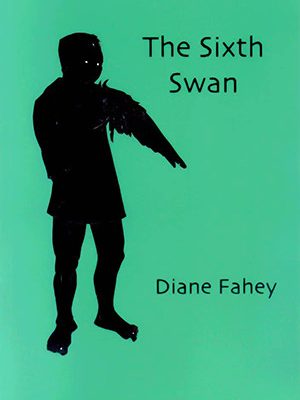Poetry
Basalt plains, sheep and beef country
drying off. The light, intense
between showers. I drive
as if my head has been opened up
through paddocks blistered
from lava flows between bare hills.
The roads dependable as elderly bachelors
take me through towns abandoned
after the storekeeper dies.
You’ve heard this story before –
becoming unravelled in Europe
or assaulted in some roadhouse
but bold as nipples and booted.
Recovering with bourbon and red wine
in a soft room with a German
dissolving somehow at right angles
and falling off the frequent flyers list.
Paul Kane reviews ‘The Poetry of Les Murray’ edited by Laurie Hergenhan and Bruce Clunies Ross, ‘Les Murray’ by Steven Matthews, and ‘Poems the Size of Photographs’ by Les Murray
You might expect a book of eighty-eight new poems by Les Murray to be sizeable (most of his recent single volumes run to about sixty poems each). But Poems the Size of Photographs is literally a small book, composed of short poems (‘though some are longer’, says the back cover) ...
... (read more)In living there is always
the terror
of being stung
It may seem somewhat odd that I, a racketeer and gangster, was suspected of making Cuba a safe place for the National Bank. But having made such an impression with my reports, prophecies and ancillary publications that the Federal Government, aided by a sycophantic mass, had declared me likely to generate flippers, I can see why I might have been a plausible suspect – the crime, after all, was committed by sea.
... (read more)In living there is always
the terror
of being stung
of something
coming for you
on the unavoidable wave.
So, little Ashenputtel & her groom
sit up in their palace,
growing fat
and ruling badly. Not exactly
role models for a new generation.
I mean, sure –
she had it rough
(her father made us realise early
how useful it would be to keep her
down)
– but that’s no reason
to push her weight around now.
She hasn’t, it seems, thought it out
very carefully.
It may seem somewhat odd that I, a racketeer and gangster, was suspected of making Cuba a safe place for the National Bank. But having made such an impression with my reports, prophecies and ancillary publications that the Federal Government, aided by a sycophantic mass, had declared me likely to generate flippers, I can see why I might have been a plausible suspect – the crime, after all, was committed by sea. The accusation, when it came, nonetheless caught me by surprise; I wasn’t quite certain at first how I should respond. After a while, I rang the bureau.
... (read more)So, little Ashenputtel & her groom
sit up in their palace,
growing fat
and ruling badly. Not exactly
role models for a new generation.
I mean, sure –
she had it rough
(her father made us realise early
how useful it would be to keep her
down)
Since 1982, Robyn Rowland has published three poetry collections at roughly ten-year intervals. She has also been an eminent, sometimes controversial, academic. Her poetry must have been a release from the stylistic and emotional restrictions of her academic work.
Fiery Waters, her new collection, is a leisurely and deeply felt progress across most aspects of a middle-aged woman’s life. Both sensual and sensuous, it is concerned with the ‘real world’, whether in apparently autobiographical poems of love and loss or in her more political poems against injustices here and overseas.
... (read more)
